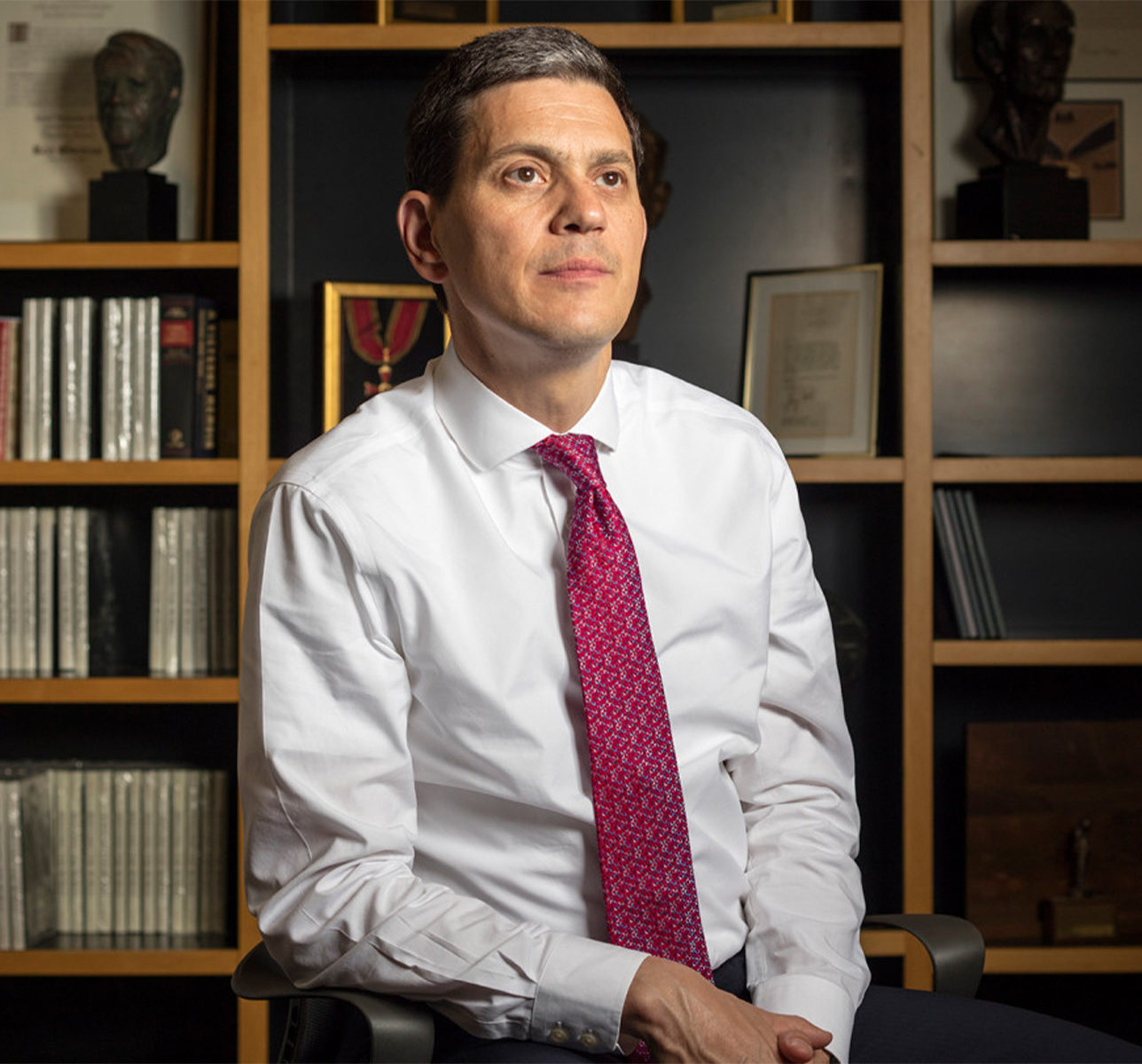There is a lot bound up in marking 25 years since 1997. The biggest emotion is of course: NO! Are we really that old? After all, 25 years before 1997 was 1972, and that is ancient history. But there are other feelings too.
For me, there is a lot of pride - in having been a small part of a great team, which built an extraordinary collective muscle, that inspired millions of people to vote Labour in a memorable victory.
There is also real sadness, about the amazing people who we worked with and learned from but have lost since then, among them Robin Cook, Mo Mowlam, Donald Dewar, Tessa Jowell and Philip Gould.
And, of course, there is immense political frustration. Because we were not just trying to win one election in 1997 but to lay the groundwork for a new dispensation in British politcs, where instead of Labour governments being an occasional alternative to Conservative rule, we were in government more often than in opposition.
We believed that the way to build a progressive country was not to win once and then flame out; it was to make change, show what was possible, then build momentum, renew, and repeat the process.
Blair, Blair, Blair, lose, lose, lose, lose, is not the history we wanted to write. When Tony said he didn't want to be the Labour leader who won three elections, but the first Labour leader to do so, he meant it.
1997, and 2001 and 2005, have gained significance because of what has happened since. In those three elections, Labour found a way to stop losing, but since then has rejected that approach and reverted to well-trodden ways of doing so. By 2019, Labour was as unelectable as it had been in 1935.
In the 1980s, the SDP claimed that the "mould" in British politics was the two party system. But that was a category error. The real mould is that we have a two party system where the Tories win for the vast majority of the time. Labour is strong enough to survive as the alternative to the Tories, but most of the time too weak to win. Perfect for the Tories. Bad for the country. That is the mould we wanted to smash in 1997.
The Right Honourable David Miliband is the President and CEO of the International Rescue Committee and was Foreign Secretary from 2007 to 2010. This article is an excerpt from his Keynote Address to the MEI's New Labour, New Britain? conference.
You can read the full speech here: Between the Obsolete and the Utopian, 6 May 2022 [PDF 197KB]
